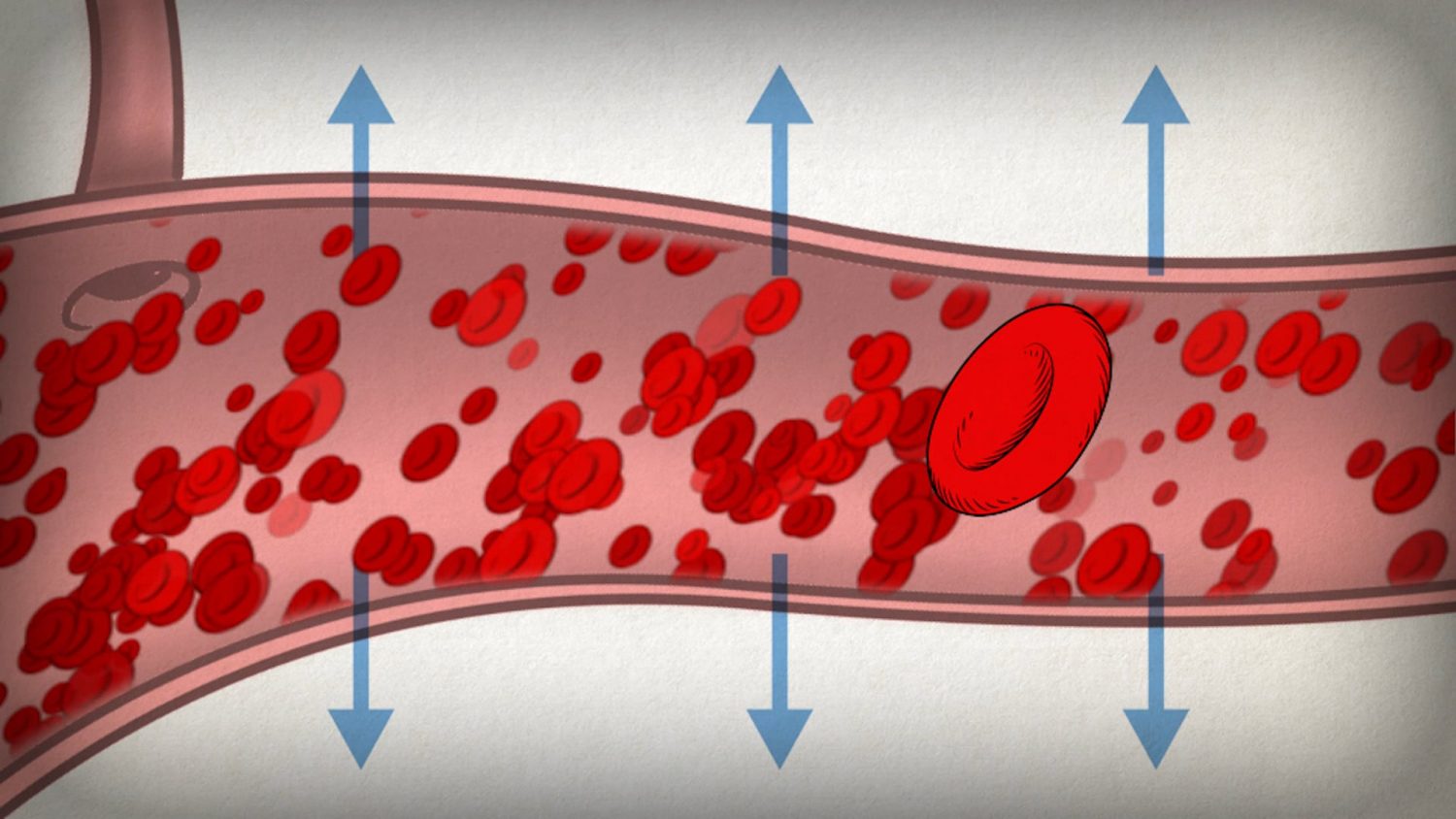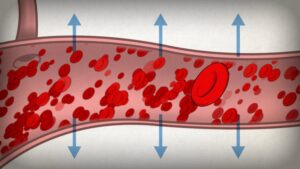
Vasodilation Medications -A Class of Antihypertensive Drugs
Vasodilators for high blood pressure are a vital class of drugs used to manage high blood pressure (hypertension) and other cardiovascular conditions. These medications work by relaxing and expanding blood vessels, allowing blood to flow more easily, which reduces the heart’s workload. This article delves into the uses, side effects, contraindications, and drug interactions of vasodilators, with a comprehensive table for quick reference.
What Are Vasodilators?
Vasodilators are medications that help to widen (dilate) blood vessels, improving blood circulation and reducing the resistance the heart must work against. They are particularly useful in treating conditions where blood pressure is elevated, like hypertension and heart failure.
Mechanism of Action
Vasodilators work by relaxing the smooth muscles of the blood vessels, particularly the arteries. Thus, this leads to vessel dilation, which reduces peripheral vascular resistance and allows the heart to pump more efficiently.
Types of Vasodilators
There are two main categories of vasodilators:
- Arterial Vasodilators
These primarily act on the arteries and are often used to treat high blood pressure and heart failure. - Venous Vasodilators
These primarily affect the veins and are mainly used to reduce the heart’s workload in conditions like heart failure.
Uses of Vasodilators
Vasodilators are primarily used to manage cardiovascular conditions. Their main indications include:
1. Hypertension (High Blood Pressure)
Vasodilators are used when other antihypertensive drugs are ineffective or contraindicated.
2. Heart Failure
In patients with heart failure, vasodilators help reduce the heart’s workload and prevent fluid buildup.
3. Angina Pectoris
They are also used in managing angina by improving blood flow to the heart.
4. Pulmonary Hypertension
In pulmonary hypertension, vasodilators reduce blood pressure in the lungs’ arteries.
5. Pre-eclampsia
Vasodilators may be used in managing high blood pressure during pregnancy in pre-eclampsia cases.
Common Vasodilators
Vasodilators come in various formulations and brands. Below is a table listing some of the most commonly prescribed vasodilators, including their generic names, brands, and specifications.
| Generic Name | Brand Name(s) | Formulation | Common Dosage Form | Primary Use |
|---|---|---|---|---|
| Hydralazine | Apresoline | Oral, Injection | 10-100 mg tablets | Hypertension, Heart failure |
| Minoxidil | Loniten | Oral | 2.5-40 mg tablets | Hypertension, Hair loss |
| Nitroprusside | Nipride | Injection (IV) | 50 mg/2.5 mL vial | Hypertensive emergencies |
| Isosorbide Dinitrate | Isordil | Oral, Sublingual | 5-40 mg tablets | Angina, Heart failure |
| Sodium Nitroprusside | Nitropress | Injection (IV) | 50 mg/2.5 mL vial | Acute hypertension crisis |
Side Effects of Vasodilators
Like all medications, vasodilators can cause side effects. The severity and type of side effect can vary depending on the specific drug and individual response.
Common Side Effects
- Headache
The dilation of blood vessels can lead to headaches, especially with nitroglycerin and other nitrites. - Dizziness
Vasodilation can lower blood pressure too much, causing dizziness or lightheadedness, particularly when standing. - Tachycardia
The heart may compensate for the reduced blood pressure by speeding up, leading to a rapid heartbeat. - Edema
Fluid retention can occur, especially with drugs like minoxidil. - Flushing
The dilation of blood vessels can lead to skin flushing, especially in the face.
Serious Side Effects
- Orthostatic Hypotension
A sudden drop in blood pressure upon standing can lead to fainting. - Lupus-like Syndrome
This rare side effect can occur with hydralazine and is characterized by symptoms like joint pain, rash, and fever. - Hypertrichosis (Excessive Hair Growth)
Minoxidil, especially at higher doses, can cause unwanted hair growth. - Cyanide Toxicity
Nitroprusside can lead to cyanide toxicity, especially if used at high doses or for prolonged periods.
Contraindications of Vasodilators
Certain conditions and factors make the use of vasodilators inappropriate. They should be avoided in the following cases:
1. Hypersensitivity
Patients allergic to any component of the vasodilator should avoid its use.
2. Severe Aortic Stenosis
Vasodilation can lead to inadequate blood flow, which could worsen this condition.
3. Cerebral Artery Disease
A drop in blood pressure could lead to reduced blood flow to the brain, exacerbating existing cerebral conditions.
4. Pregnancy and Lactation
Some vasodilators (e.g., hydralazine) may be used cautiously under medical supervision during pregnancy, but others, like minoxidil, should be avoided.
5. Renal Failure
Don’t use drugs like minoxidil in severe renal impairment due to altered drug metabolism.
Drug-Drug Interactions
Vasodilators may interact with other medications, either enhancing their effects or leading to harmful reactions. It is crucial to be aware of potential drug-drug interactions, such as:
1. Antihypertensive Drugs
Vasodilators can potentiate the effects of other antihypertensive drugs, increasing the risk of hypotension.
2. Beta-Blockers
The combination of vasodilators with beta-blockers can increase the risk of reflex tachycardia.
3. Diuretics
Vasodilators and diuretics may work synergistically in treating heart failure, but they may also increase the risk of electrolyte imbalances.
4. Alcohol
Alcohol can enhance the blood pressure-lowering effects of vasodilators, leading to excessive hypotension.
5. Corticosteroids
Use with corticosteroids can increase fluid retention, which may worsen edema associated with vasodilator use.
Monitoring and Precautions
1. Blood Pressure Monitoring
Regular monitoring of blood pressure is necessary to avoid hypotension and ensure therapeutic efficacy.
2. Kidney Function Tests
Since some vasodilators affect renal function, assess kidney function periodically.
3. Electrolyte Levels
Monitor electrolyte imbalances, especially when you use vasodilators with diuretics.
Conclusion
Vasodilators for high blood pressure are essential medications in the treatment of hypertension, heart failure, and other cardiovascular conditions. Understanding their uses, side effects, contraindications, and interactions is crucial for maximizing their therapeutic benefits while minimizing risks. However, always consult a healthcare provider before starting or stopping any vasodilator treatment and ensure regular monitoring for optimal health outcomes.
